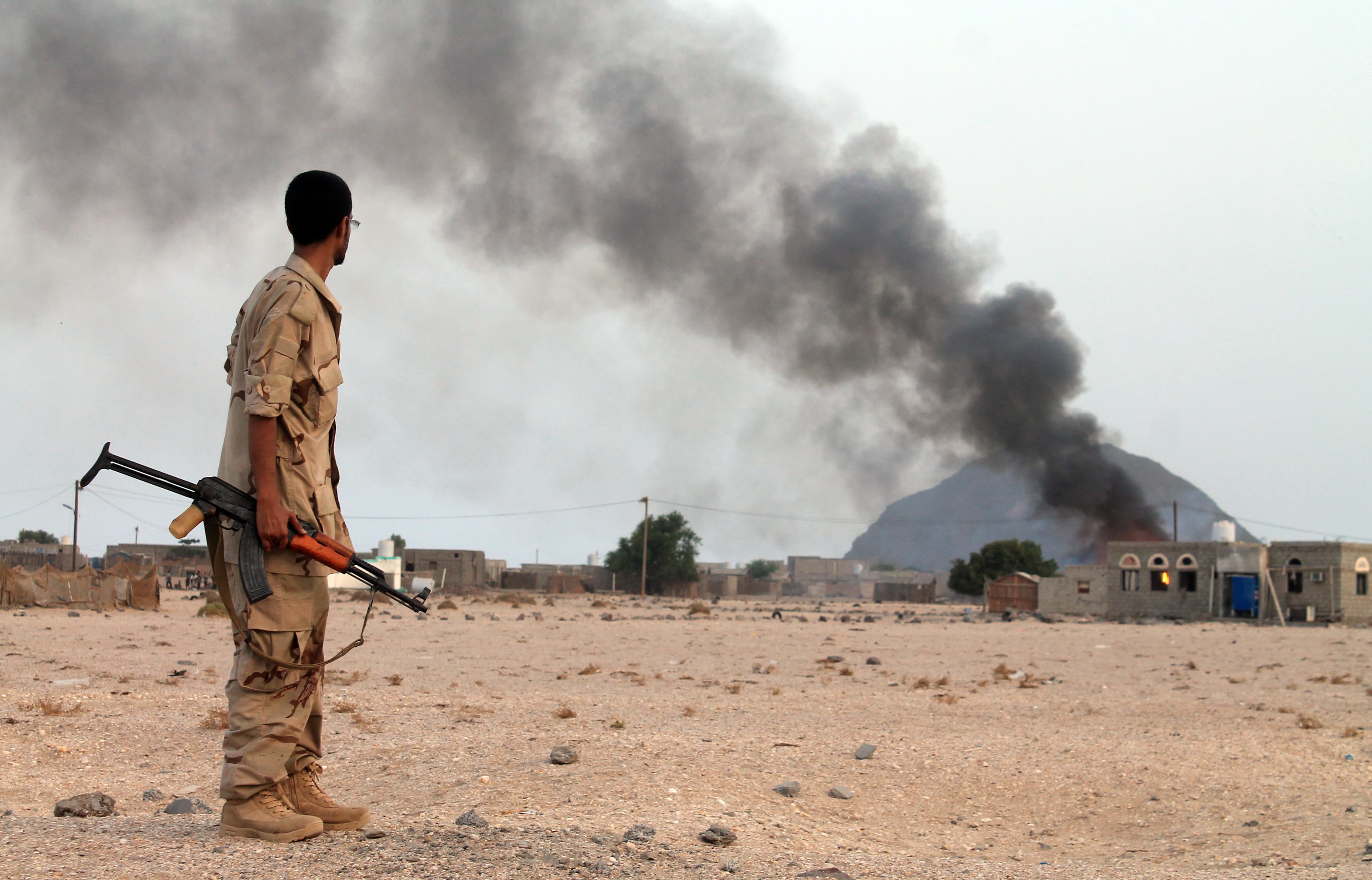TEL AVIV, Israel — Strategic cooperation between Israel and Sunni Gulf states cannot be based merely on a shared threat from Iran, experts at an international security conference said Tuesday.
“We need to work in parallel with common threats and mutual interests,” Abdullah Swalha, director of the Amman, Jordan-based Center for Israeli Studies, told an annual gathering of Israel’s Institute for National Security Studies.
The Iranian threat is a clear starting point for a prospective alliance, but it does not tell the whole story of Israel-Gulf ties or the covert alliance that Israel insists is borne from their shared interest in halting Tehran’s regional hegemony, experts noted.
“If one digs deeper, it is clear the behind-the-scenes rapprochement shows no normalization in public,” Swalha said. “If there isn’t a groundswell of support from those on the streets, true cooperation is impossible.”
Just last week, at the World Economic Forum in Davos, Switzerland, Israeli Prime Minister Benjamin Netanyahu hailed the unprecedented alliance that Israel has established with other Arab states in the region. “There is an alliance between Israel and other countries in the Middle East that would have been unimaginable years ago. I’ve never seen anything like it in my lifetime,” Netanyahu said.
The Israeli leader insisted that Israel would be backed by its Arab allies if it needs to act to prevent Iran from acquiring nuclear weapons.
“If Iran tries to rush for a bomb, there are many countries that will not let them,” he said. “We would not let them ... and there are other Arab starts, unnamed, that agree with me.”

But French political scientist Gilles Kepel cautioned that such claims may be simplistic and overstated. “Common wisdom is Iran and its proxies are everybody’s foes, and Israel can reconcile with other Arab states based on that. I think the picture is more complicated,” Kepel said.
Sticking with the axiom that Iran and Israel are destined enemies is short-sighted, he said. Domestic protests in Iran raise questions as to how long the Islamic Republic will survive and what relations a new Iranian regime will have with Israel, which enjoyed close ties prior to the 1979 revolution.
“Are we sure Iran and Israel will have forever diverging interests?” Kepel asked. “I wonder if the focus on Iran as the quintessential foe may be misleading or short-sighted, not that I disregard its threats, but I think everybody should be more careful about the changes which are taking place in the Iranian leadership,” he said.
New York Times columnist Thomas Friedman dismissed the notion of Israel realizing a much-desired alliance with Saudi-led Sunni Gulf states, regardless of a shared threat from Iran. “Saudi Arabia is under so much strain. The idea that they would expose themselves to critics of their new reforms to get in bed with Jews is a complete fantasy,” he asserted.
‘Cramping Iran’s style’
“They are also very exposed to Iran. Iran would use this in a regional campaign, and it would be a gift.” With the exception of Russia’s involvement in Syria on behalf of Syrian President Bashar Assad, Friedman said the United States and other world powers are perceived as disengaging from the region.
Washington’s ambiguous plans for the Middle East, coupled with a weakened Europe, essentially cedes influence in the region to Russia and an aspiring Iran, experts warned.
“The U.S. role in the Middle East has ended, not forever, not for good, but for now. They still have 2,000 troops in Syria,” according to Chagai Tzuriel, director general of Israel’s Ministry of Intelligence.
The ascendance of Russian President Vladimir Putin in this region, coupled with perceived withdrawal from Washington, is sowing confusion in a decades-old dynamic, said Itamar Rabinovich, a former Israeli ambassador to the United States. “The U.S. pivot and diminishing American profile in [the] region creates a confused reality that we are facing,” he said.
RELATED

Europe, too, is losing its footing and must act swiftly if it wishes to preserve its standing in the region, warned Francois Heisbourg, chairman of the Foundation Council at the Geneva Centre for Security Policy.
“Demographic pressures in West Africa and the Maghreb will create domestic concerns for Europe. It is unclear if the Europeans can maintain posture in the Middle East. They should increase their defense spending,” he said, adding that thanks to unabashed Russian intervention, Iranian expansion is being stymied.
“I’d argue for keeping Russians in Syria, not because I’m a fan of what they’re doing, but because they are cramping Iran’s style in Syria,” he said.








